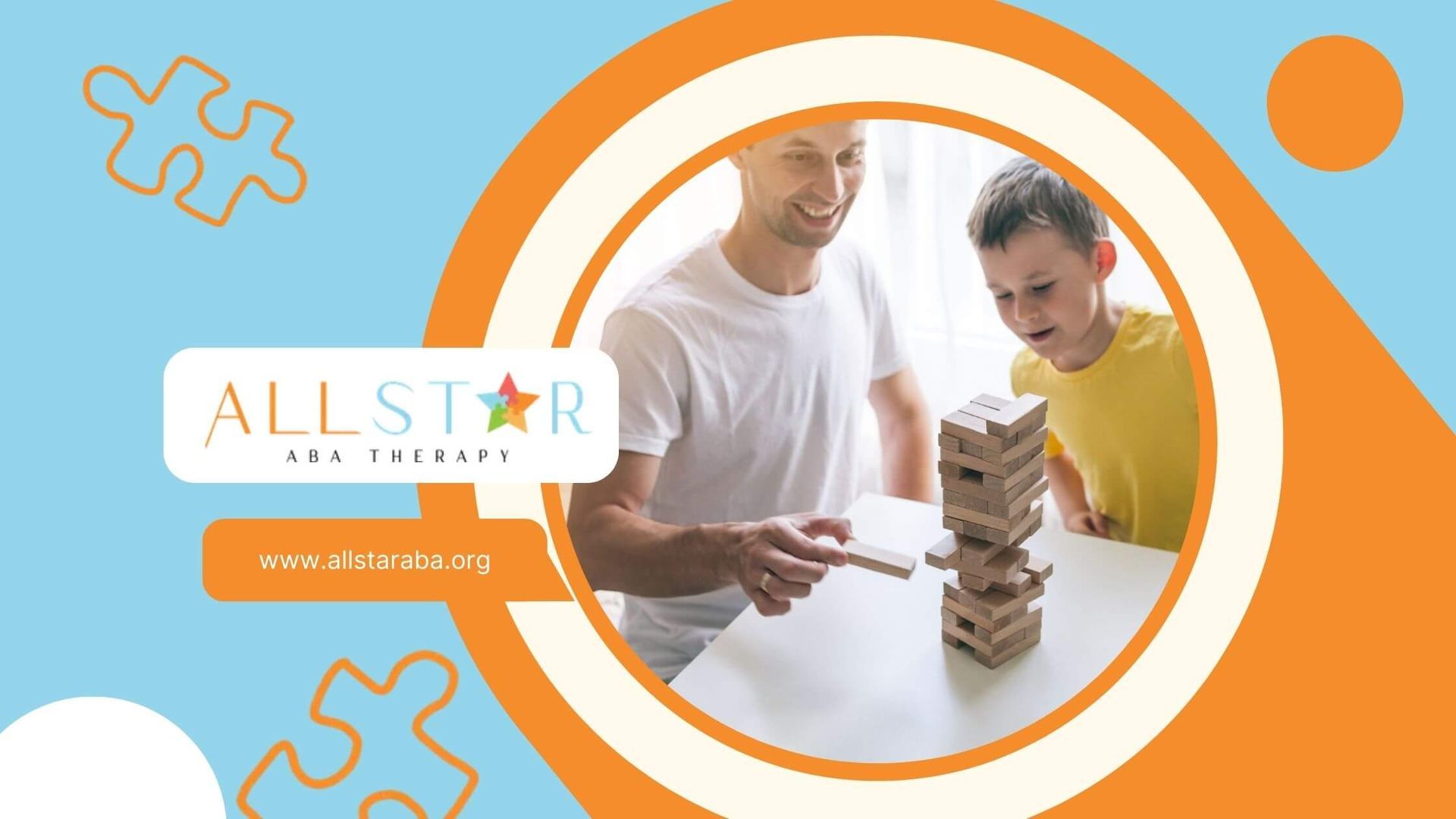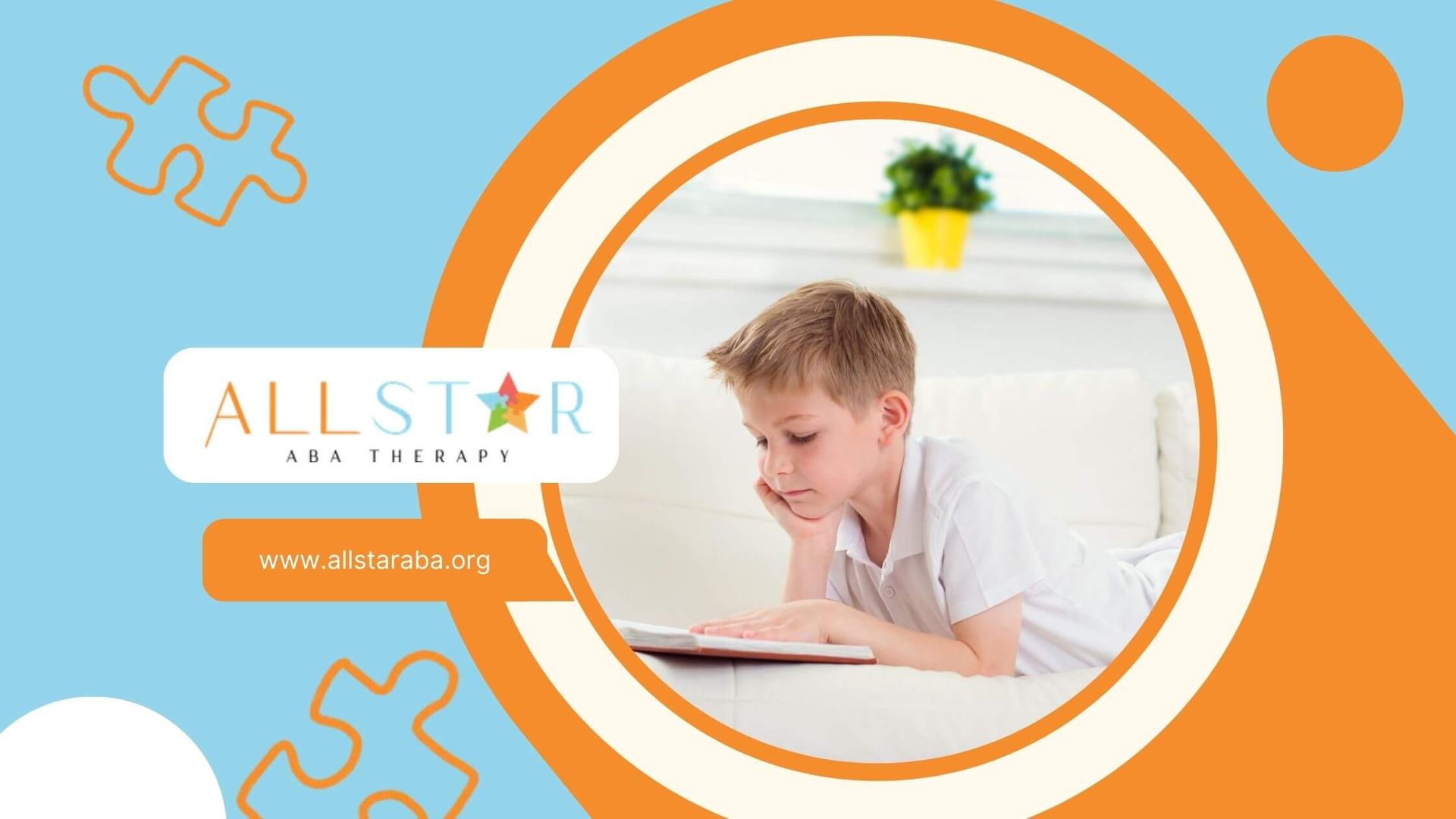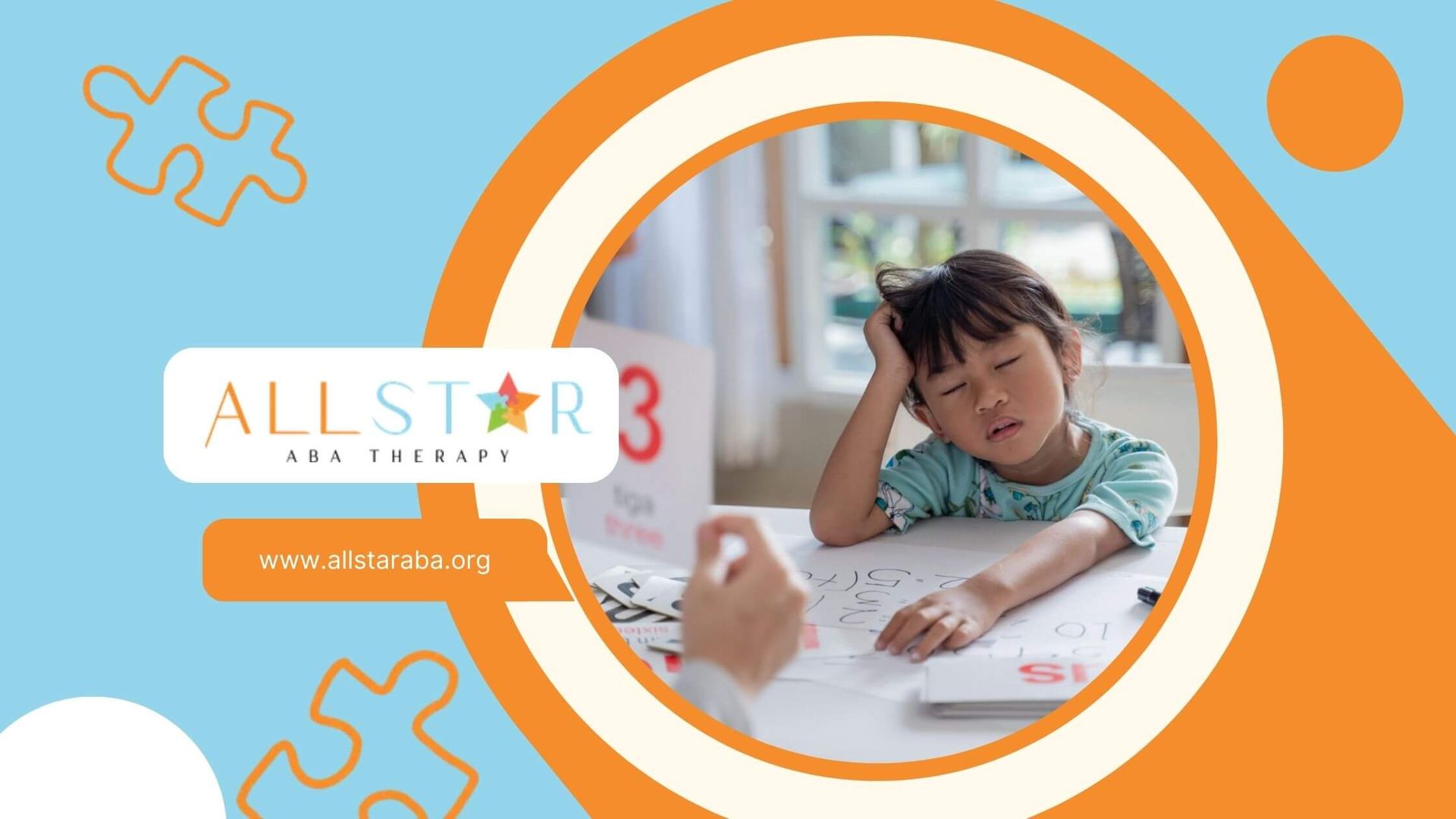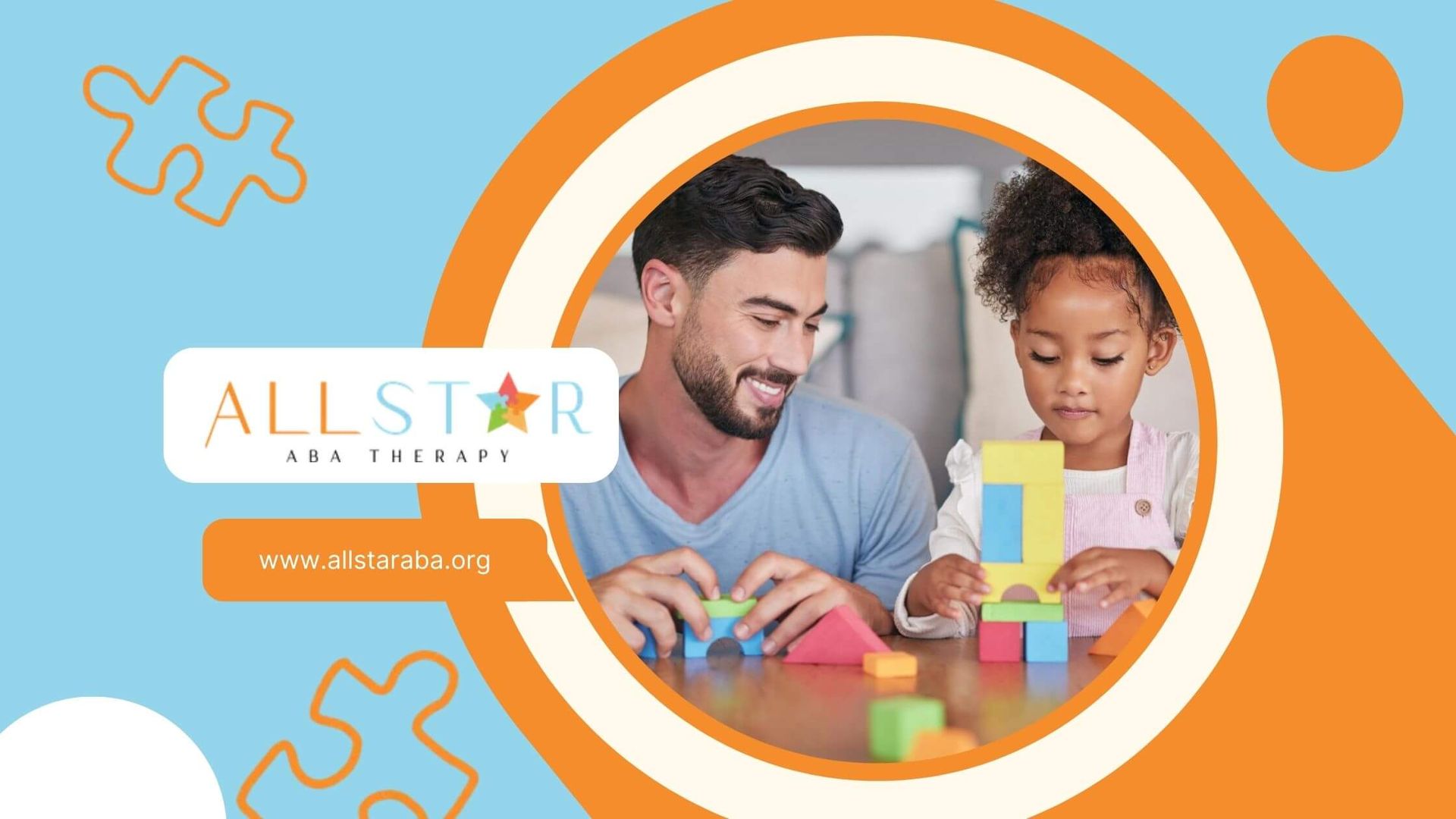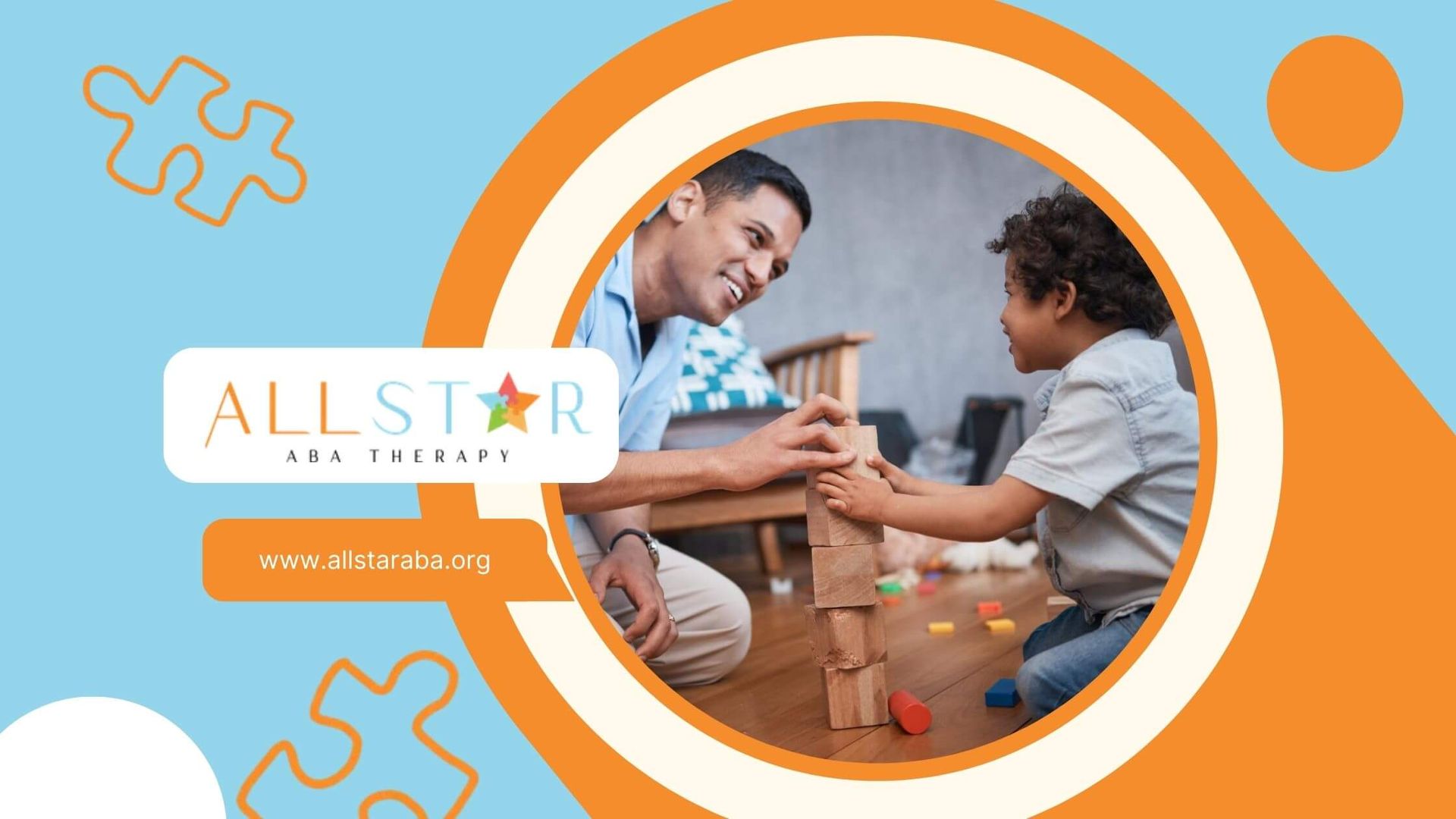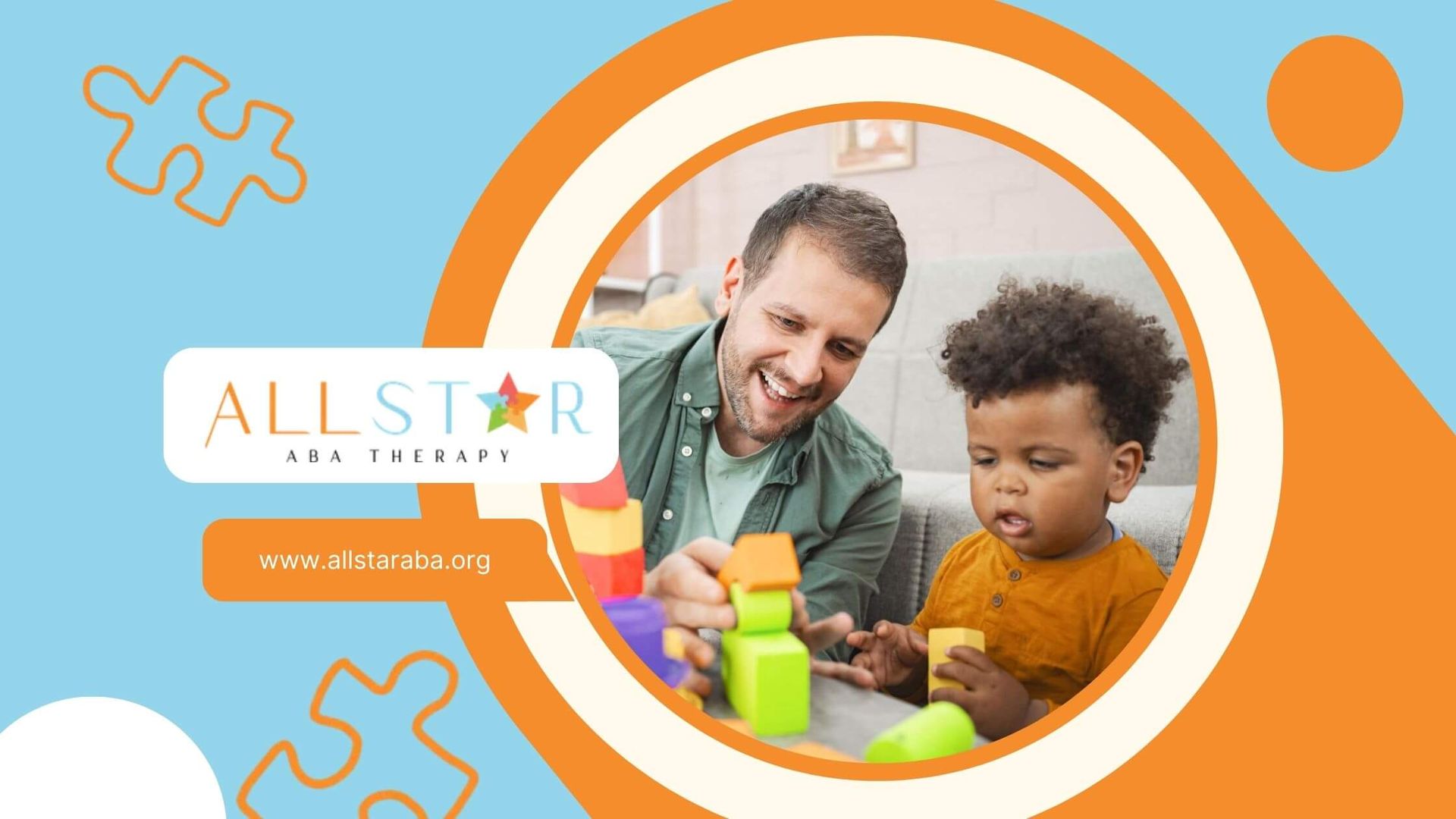New Paragraph
Understanding the Core Needs of Autistic Kids
Every child with autism is unique, with their own strengths, challenges, and personality. But if there’s one thing autistic kids need the most, it’s understanding. When children feel accepted and supported for who they are, they’re more likely to thrive.
Autistic kids often benefit from structure and predictability. A clear routine helps reduce anxiety and gives them a sense of safety. Families can support this by keeping consistent daily schedules and preparing their child for changes ahead of time.
They also need patience. Progress may happen at a different pace, and that’s okay. Celebrating small wins — whether it’s trying a new food, using a new word, or making eye contact — builds confidence and keeps momentum going.
Communication support is another big need. Some children may be nonverbal, while others may struggle with social cues. Tools like visual aids, speech therapy, or simple, direct language can help bridge communication gaps.
Just as important, autistic kids need opportunities to connect through play and interests. Whether it’s building with blocks, drawing, or learning about dinosaurs, following their passions helps them feel valued and motivated.
And perhaps most importantly, they need love. Feeling safe, supported, and accepted at home and in the community lays the foundation for growth in every other area.
At All Star ABA, we understand what matters most.
Our services — in-home ABA therapy, center-based ABA therapy, ABA therapy in school, and ABA parent training — give children across Maryland and Virginia the tools, encouragement, and care they need to succeed.
FAQs
What’s the most important thing to give a child with autism?
Love and acceptance. Every child deserves to feel safe and valued.
Do autistic kids need routines?
Yes, routines and structure help reduce stress and support learning.
How can parents best support communication?
Use clear, simple language, visual supports, and celebrate all forms of communication.
Sources:
- https://www.marcus.org/autism-resources/autism-tips-and-resources/promoting-play-with-others
- https://childmind.org/guide/parents-guide-to-autism/
- https://www.nhs.uk/conditions/autism/autism-and-everyday-life/help-for-day-to-day-life/
- https://www.newcastle-hospitals.nhs.uk/resources/understanding-and-supporting-the-social-interaction-of-autistic-children-and-young-people/
- https://www.urmc.rochester.edu/encyclopedia/content?contenttypeid=160&contentid=46
Need Support?
We're Here to Help!
Our experienced team is ready to assist you. Reach out today to discuss how we can support your child's development and well-being.
Get started with expert ABA therapy today.



